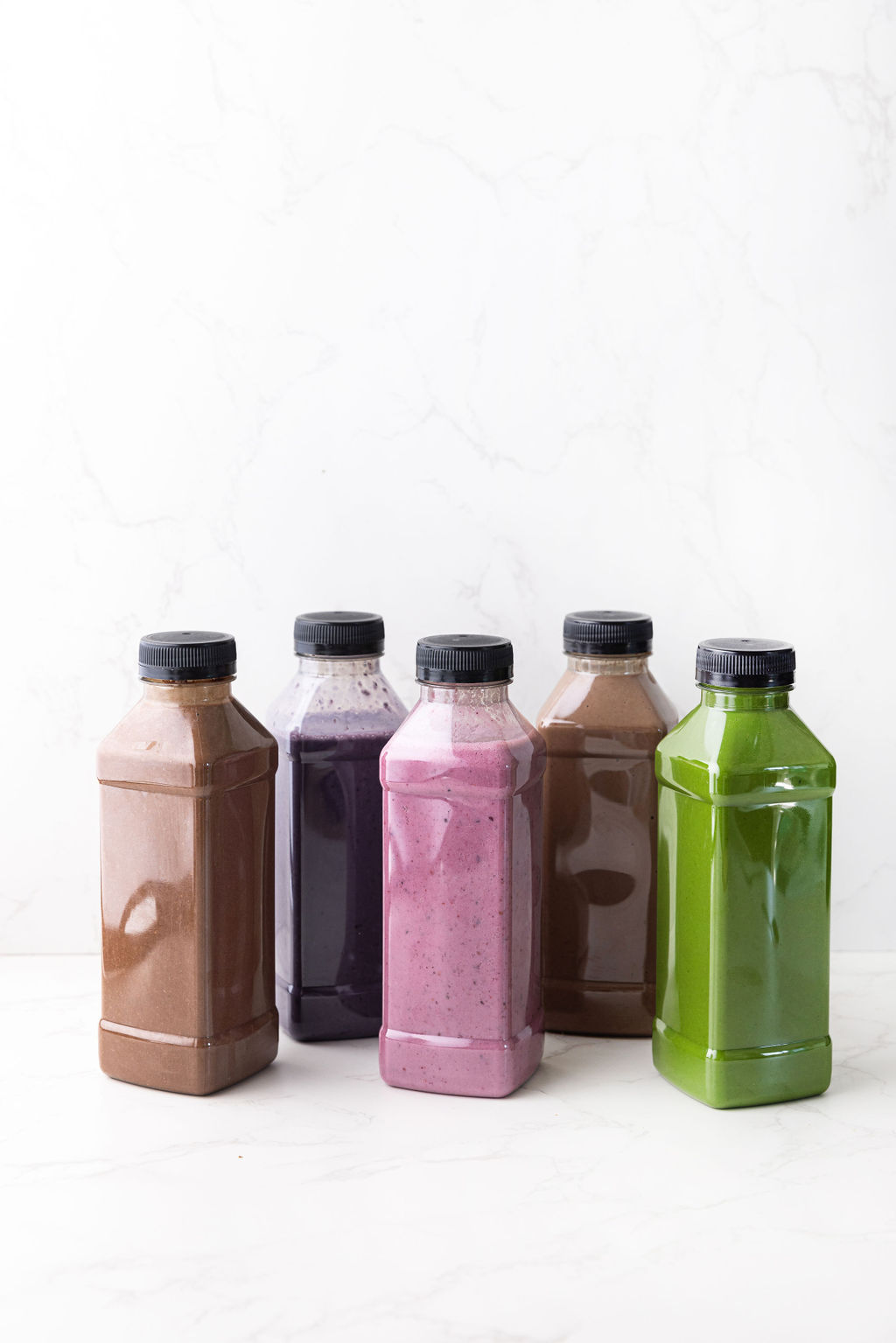- Linkedin Share
- Twitter Tweet
- Email Share
- Copy link Copy link Copied to clipboard
In our second interview with nutritionist Jenna Hope, we take a deep dive into the world of supplements — separating fact from fiction. With so many products on the market promising better health, improved sleep and enhanced energy, how do you know what’s truly effective? Jenna shares her expert insights on the supplements worth considering, the problematic fads and how to make informed choices based on your individual needs.
What supplements have recently gained popularity but may not be as effective as their marketing suggests?
Greens powders have gained a lot of popularity recently; however, they’re often unnecessary. They can be filled with fillers, bulking agents, preservatives and sweeteners, which can be more problematic for your health. Where possible, try to consume a wide range of plants to ensure you’re hitting your nutritional needs. For the average individual, the nutrients which are found in fruits and vegetables are often much more bioavailable (meaning we can absorb and utilise more of them). Green powders can be useful for those who don’t consume fruits and vegetables due to taste preferences, but they’re not necessary for the average person.
Are there any supplements that you generally recommend for most people?
The general recommendations are to supplement with 10mcg of Vitamin D per day between October and March. Vitamin D plays a vital role in supporting mood, heart health and joint health. The sun is our primary source of Vitamin D, and for those living in the UK, we often don’t get enough sun (especially in the winter) to be able to synthesis sufficient amounts. In addition to Vitamin D, I recommending taking different forms of magnesium. Magnesium is often one of the first nutrients to be depleted in those living high-stress lifestyles and can be key for optimising sleep, energy and digestive health too. Omega-3 and Vitamin B12 are also supplements I recommend for plant-based diets, as these nutrients are more challenging to obtain and play important roles in supporting energy production, brain function and joint health.
Which form of magnesium is most effective and are there other supplements that could also support sleep?
Magnesium can be very effective for supporting sleep as it plays a vital role in supporting the production of melatonin (the sleep hormone) and GABA, a key neurotransmitter which leaves you feeling calm and sleepy. Magnesium glycinate is the best form for sleep support. Tart cherry juice is also well-researched and has been shown to help increase melatonin production. Additionally, 5-HTP, a pre-cursor to melatonin, can also help support sleep.
Electrolyte supplements have been getting a lot of hype lately — are they necessary for the average person?
Electrolytes can be very helpful for individuals living active lifestyles, those who spend lots of time in hot countries or for individuals who engage in sauna therapy. They are also a great way to support hydration for people who struggle to consume enough water. While electrolytes aren’t necessary for the average individual consuming a diet high in ultra-processed foods, they can be helpful for those who are cooking most of their meals from scratch at home. Where possible, try to be mindful of the electrolyte brands you’re choosing, as some contain high levels of artificial ingredients and sugars.
Gut health has become a major focus in wellness — do people really need to take probiotics, or are there better ways to support a healthy gut?
Most people can support their gut health by consuming a diet packed with a wide range of plants, prebiotic rich foods (such as leeks, garlic, bananas, chickpeas and Jerusalem artichokes) and probiotic rich foods (such as live yoghurt, kefir, kombucha and fresh sauerkraut). However, probiotics can be helpful for some individuals with specific health or gastrointestinal concerns. It’s important to check the quality of the supplements and to ensure that the bacteria you’re using is well-researched for your intended goal.
With so many supplement brands on the market, how can people determine which ones are high-quality and trustworthy?
Picking the right supplement brand can be a major minefield, but there are a few key things to look out for. Firstly, ensure the supplements are third-party tested — this means that the supplements have been impartially tested for quality and accuracy. Additionally, try to avoid supplements loaded with bulking agents, as this often indicates poor quality ingredients. Take note of the doses in the products — very high doses aren’t necessarily a good selling point, it often means the ingredients are low quality and have lower bioavailability rates. Finally, look into the brand to ensure the products have been well-researched and tested. Brands which have spent money on scientific studies should be more than willing to shout it.
Before taking any supplement, what factors should someone consider to determine if they actually need it?
Before taking a supplement, it’s a good idea to assess your diet and consider whether you can increase your nutrient intake through food. However, if you decide to go ahead with supplementation, I always recommend having a blood test to reduce the risk of toxicity. You’ll need to consider what other supplements you’re taking, as it may be that you’re already consuming excessive amounts of certain nutrients. It’s also essential to do your own research. It’s easy to trust someone selling a product online, but it’s important to assess your goals, consider your individual health status or complications and research whether the product has been shown to be effective for its intended claims.
If you’re unsure about where your diet may be lacking or which supplements could support your health, consider booking a 1:1 consultation through our nutrition page for personalised guidance tailored to your individual needs.




